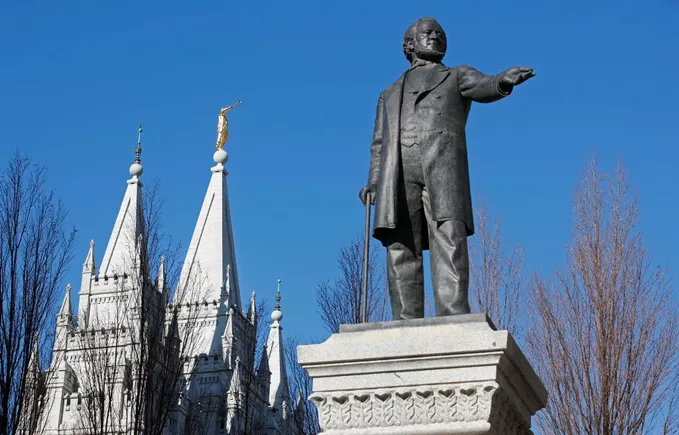Dive Brief:
- Women who are hired in jurisdictions that ban employers from asking about pay history earn “significantly more” than those hired elsewhere, a sign that pay history bans are effective at reducing the gender pay gap, researchers at the Boston University School of Law said in a review published Nov. 5.
- The review cited data from a 2024 study that found newly hired female workers in jurisdictions with bans saw salary increases 7.8% greater than their peers in jurisdictions without bans. Bans also resulted in large increases for job-hopping workers overall, with new hires earning an average salary increase of 7.9% in places with a ban versus a 3.9% average increase in those without.
- The same study found a “strong association” between pay history bans and reduction in racial pay gaps, BU Law’s authors wrote. Non-White workers who changed jobs in ban-subject areas saw a 7.8% increase in wages as well as a net 5.8% increase in pay compared to incumbent non-White employees.
Dive Insight:
Pay history question bans emerged at fast pace during the late 2010s and into the early 2020s, and nearly half of U.S. states had implemented such laws as of April 2025. That’s in addition to the more than 20 local jurisdictions that passed pay history bans.
It’s not the first time BU Law researchers found evidence that pay history bans can be effective in reducing pay gaps. In 2020, the school published a report showing that women and African American workers who changed jobs saw increases of 8% and 13%, respectively, following the implementation of a ban. Those findings contrasted with a separate study that same year by the University of Chicago, the London School of Economics and Burning Glass Technologies which found that new hire pay declined as a result of the bans.
In the updated review, BU Law also found other studies documenting a relatively smaller effect of pay history bans on gender pay gaps. However, the authors noted that such studies did not separate the bans’ effects on newly hired workers from those on other workers — as the 2024 study did — and newly hired workers constitute “the group that theory tells us should benefit the most” from pay history bans.
BU Law said employers may not have as much information to design compensation programs and hiring programs due to pay history bans, but that policymakers “may be willing to accept this inefficiency given the significant redistribution of value in favor of marginalized workers, especially if future research tends to support our view that the efficiency costs of a ban are small.”
The authors identified two potential paths to national pay history inquiry regulation: voluntary refusal by employers to ask about pay history even in jurisdictions without bans, or federal legislation. BU Law noted that it is uncertain whether a nationwide ban would implement a “strong” or “weak” version of pay history laws and that stronger state laws could be preempted by a weaker nationwide ban.






Leave a Reply